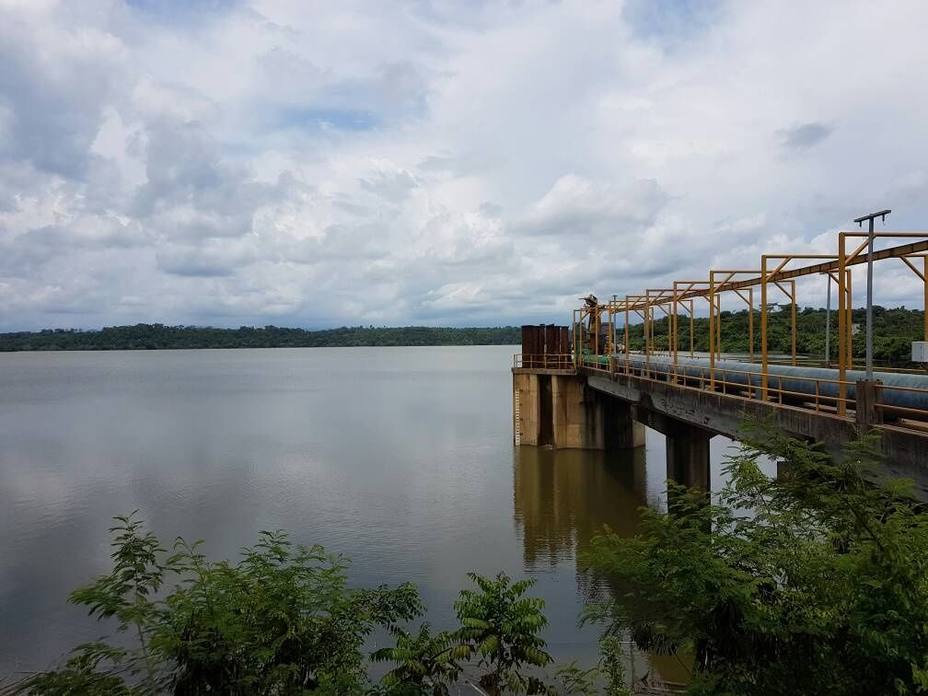They denounce that since 2000 they have not built hydraulic works

The president of the College of Engineers of the state of Lara, Julio Gutiérrez, denounced that in Venezuela there is a crisis in the drinking water supply system and that hydraulic works have not been built since 2000.
Gutiérrez assured that no investment has been made in the water supply for more than 25 years, in view of the Inter-American Water Day being celebrated this Saturday, which seeks to raise awareness about the importance of this natural resource.
“From the year 2000 until today, no hydraulic works have been built in the country to store water for human consumption (…) Not all Venezuelans have water 24 hours a day, 365 days a year“said the expert in an interview for the program In this country of Radio Fe y Alegría News.
No reservoirs have been built since 2000, and only some works have been completed since 1959, which represents 77 of the 93 existing reservoirs.
He explained that in 1999 there were three unfinished reservoirs: The Flood in the State of Zulia, intended for human consumption; the reservoir of Caruachi in Bolívar, for hydroelectric generation, and the Yacambu-Quibor in Lara, whose purpose was to achieve a hydraulic system.
Venezuelan legislation establishes a daily supply of 250 liters of water per person, but currently it is suggested to reduce it to between 100 and 150 liters, said Gutiérrez.
The engineer highlighted that Venezuelans, mainly the most vulnerable population, have difficulties accessing drinking water. In addition, they deal with high costs to receive the service.
Pollution in Bolívar
Gutiérrez also referred to the exploitation of natural resources in the Arco Minero, in the state of Bolívar, which raises concern for the environment, mainly in the water pollution and the impact on hydroelectric generation.
The extraction of gold and coltan in the Mirano Arch, whose extension is almost 112,000 square kilometers, is risky for the Caruao River, the main tributary of the Orinoco River.
“There is a doubly hard blow to the water.” for human consumption and water for hydroelectric generation, because the Caruao and Caroní are the main tributaries of the Guri reservoir, which is the producer of 70% of the country’s hydroelectric generation,” he added.
Independent journalism needs the support of its readers to continue and ensure that the uncomfortable news they don’t want you to read remains within your reach. Today, with your support, we will continue working hard for censorship-free journalism!
